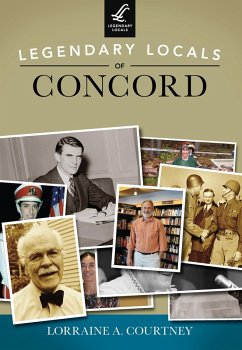The land now called Concord was originally inhabited by the Abenaki people and the Penacook tribe. Concord's first settlers, such as Ebenezer Eastman, began laying out the Plantation of Penacook, as it was known in 1725, along the fertile fields of the Merrimack River. It was incorporated in 1734 as Rumford and then renamed to Concord by Gov. Benning Wentworth in 1765. Concord experienced a surge in transportation and manufacturing in the 19th century, producing the Concord Coaches, Prescott Pianos, and steam boilers. As Concord celebrates its 250th anniversary, the city flourishes as the state capital and has a thriving community of restaurants, entertainment, and culture for all to enjoy. It retains its town sensibility as it plans for the continued growth of the local economy. Today's civic leaders, like Byron Champlin and James Carroll, work conjointly with business leaders, such as Tom Arnold of Arnie's and Juliana Eades of the New Hampshire Community Loan Fund, to build and enhance Concord's cultural, social, and economic identity.
Dieser Download kann aus rechtlichen Gründen nur mit Rechnungsadresse in A, B, BG, CY, CZ, D, DK, EW, E, FIN, F, GR, HR, H, IRL, I, LT, L, LR, M, NL, PL, P, R, S, SLO, SK ausgeliefert werden.


